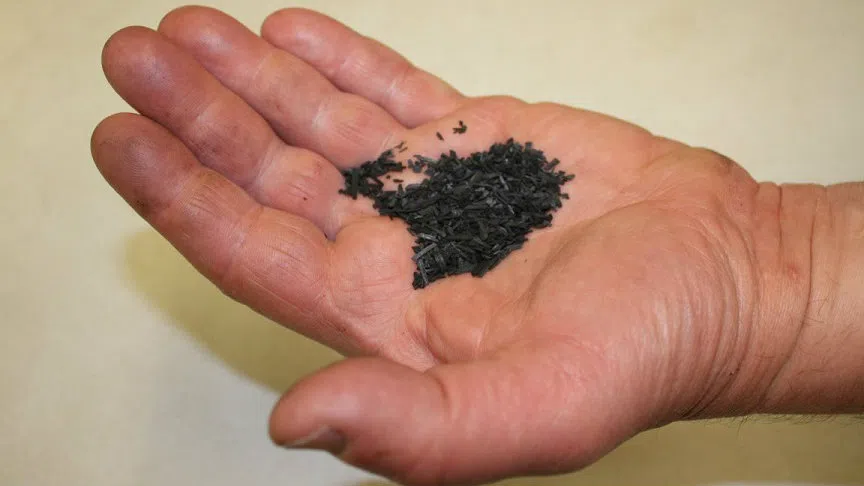
New research project at Lethbridge College to investigate micro-nanofiltration system for zero-waste food production
LETHBRIDGE – Lethbridge College is leading the way once again with a new research project focused on charcoal known as Biochar.
It’s light, durable, readily accessible and could be a key to zero-waste food production in the world’s greenhouses and aquaponics systems.
The new research project at the College is testing it as a micro-nanofiltration system in aquaponics.
Biochar is a type of charcoal created by burning bamboo without the presence of oxygen. Its highly porous surface both captures small particles in water and houses beneficial microbes that contribute to cleaning the water.


